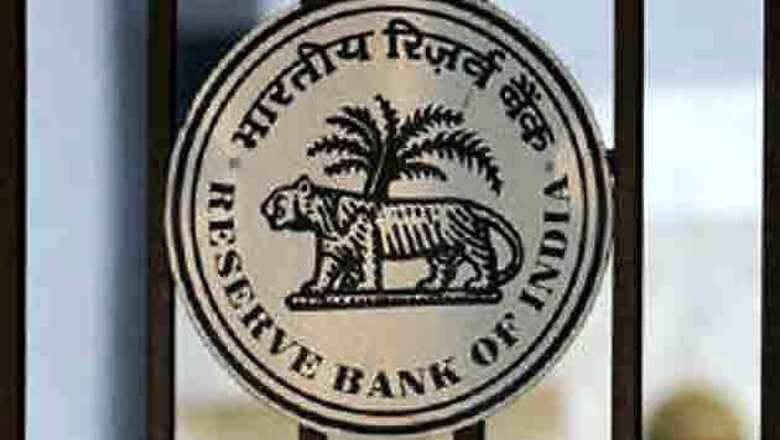
views
By Dr Rupa Rege Nitsure
Just a couple of weeks ago, the rating agency Standard & Poor's has issued a warning that the balance of risk factors for India's sovereign credit rating has shifted towards the negative on the back of its weak fiscal position, high inflation and slower economic growth.
The Reserve Bank of India (RBI) governor too affirmed that "fiscal slippage" was acting as a threat to RBI's efforts to bring down inflation near its comfort zone and crowding out credit to the private sector.
Including the states' finances, India's consolidated fiscal deficit for 2011-12 is forecast between 8.5%-9.0% of GDP, which has raised government's borrowings to 5.3% of GDP - a level close to what existed in 2002-03.
Given this, the biggest priority before the government of India in the upcoming Union Budget is to resume aggressive fiscal adjustment. Failure to do so will jeopardize India's sovereign credit rating and complicate efforts to lower interest rates (due to large-sized borrowings) and hinder growth.
Hence, the foremost priority should be given to limit unproductive subsidies, especially the petroleum and fertilizer subsidies and widening of the tax net.
Despite the decontrol of petrol prices since mid-2010, the government estimates
that total subsidies could jump to 2.5% of GDP in 2011-12 due to the impact of elevated global oil prices on subsidies linked to diesel, cooking gas, kerosene and fertilizers.
Fiscal reforms such as lowering subsidies and a renewed push to Direct Tax Code (DTC) and Goods & Service Tax (GST) alone could help stabilise and improve government's revenues in the medium term, raise India's credit rating and increase investors' interest in Indian assets in a sustainable fashion.
Another equally important priority for the Budget is to forcefully address infrastructure bottlenecks by creating a robust framework of transparent policies for project execution and funding so that these projects would not fail on account of constraints in securing clearances, land rights and absence of long-term funding.
The quality and composition of fiscal deficit is always more important than its size. So, despite a mammoth challenge of fiscal consolidation, the government's spending on social infrastructure such as education, health & job creation should receive a further boost in the Budget to improve India's long-term growth prospects. What needs to be avoided is the "unproductive spending" (such as subsidies) that creates nothing but the "moral hazard".
Also, the Budget should rely less on consumption fuelling stimulus measures and more on structural reforms to bring back the nation on a sustainable growth path of 8.0 per cent plus.
Most importantly, the calculations and projections in the Budget should be based on realistic (and not rosy) assumptions about the evolving macroeconomic scenario - both domestic and global to make it a more credible exercise.
The upcoming Budget will turn out to be positive for the economy and markets only if it is based on the considerations of economics than politics.
The writer is the chief economist & general manager at the Bank of Baroda (BoB).



















Comments
0 comment